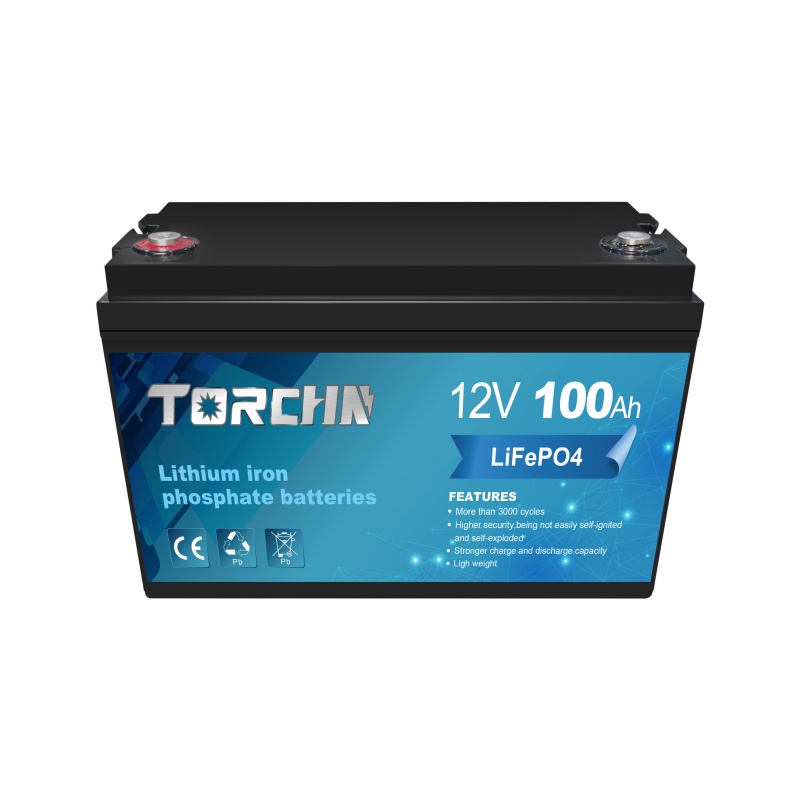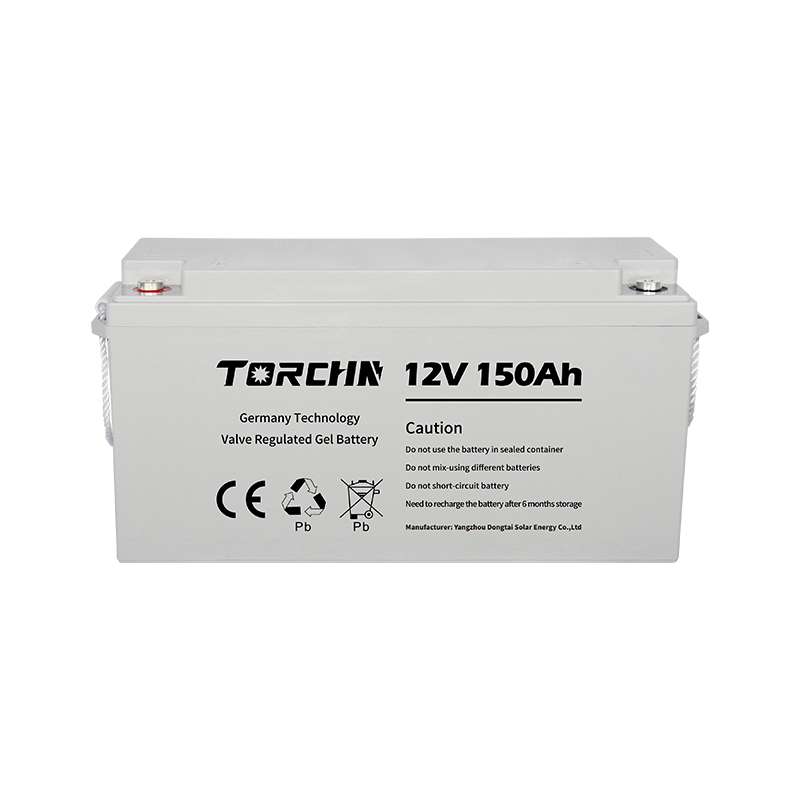When considering the choice between gel and lithium batteries, it is important to evaluate the advantages and disadvantages of each type of battery. Lithium batteries are known for their higher energy density, which allows them to store more energy in a smaller volume. This feature means a longer service life, making lithium batteries the preferred choice for applications that require long periods of continuous power supply. However, this advanced technology comes with higher upfront costs, which is an important factor for both consumers and businesses.
Gel batteries, on the other hand, are a more affordable alternative that is attractive to those who are cost-conscious. These batteries are maintenance-free, simplifying use and reducing the need for regular maintenance. However, it is worth noting that compared with lithium batteries, gel batteries have a lower energy density, resulting in a shorter service life. This limitation can affect their performance in demanding applications where energy efficiency and longevity are critical.
In short, whether the gel battery is better than the lithium battery depends largely on the specific needs and circumstances of the user. For those seeking high energy density and long life, lithium batteries may be a better choice, although they have a higher initial investment. Instead, gel batteries may be a more suitable option for users who prioritize affordability and low maintenance. Ultimately, understanding the unique characteristics of each battery type is critical to making informed decisions that meet individual needs and budget constraints.
Post time: Dec-23-2024


